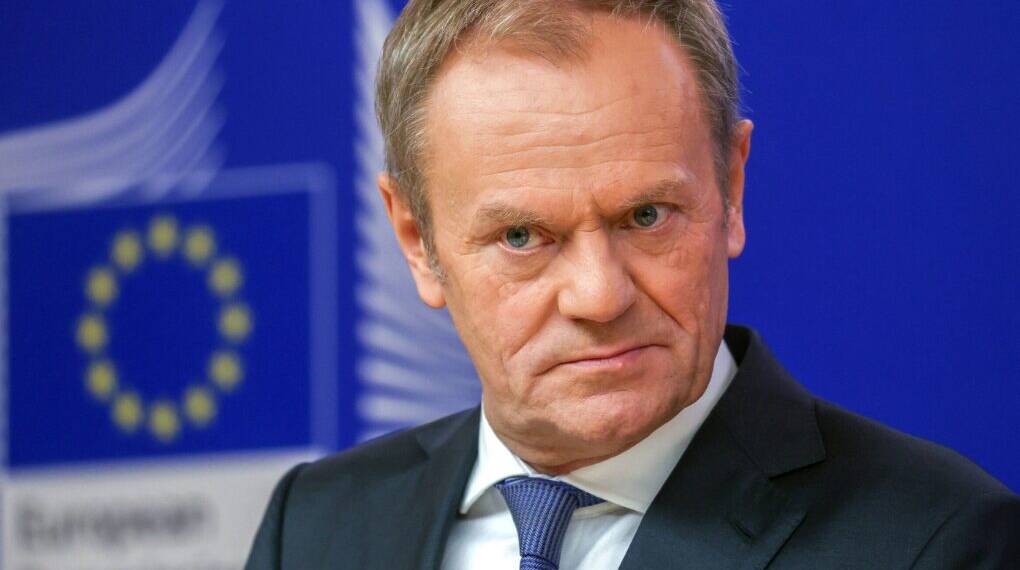In a bold move to bolster national defense readiness, the Polish government has unveiled a comprehensive military training initiative open to all citizens. Dubbed the “Citizen Defense Program,” the scheme aims to equip ordinary Poles with essential skills to respond to potential threats, reflecting growing anxieties over regional instability.
Defense Minister Władysław Kosiniak-Kamysz announced the launch during a press conference in Warsaw, painting a stark picture of the current global landscape. “These are the most dangerous times since World War II,” he declared, underscoring the urgency driven by Russia’s ongoing aggression in Ukraine and broader NATO-Russia frictions along Poland’s eastern border. The minister emphasized that while Poland’s professional armed forces remain robust, empowering civilians could serve as a critical deterrent and enhance societal resilience.
A Modern Approach to Civic Defense
What sets this program apart is its accessibility and digital integration. Courses can be booked seamlessly via a dedicated mobile app, “Obrońca” (Defender), which allows users to select training modules based on location, availability, and skill level. The app, developed in partnership with the Polish Ministry of National Defense and tech firms, promises real-time scheduling, progress tracking, and virtual simulations for those unable to attend in-person sessions immediately.
Training sessions, held at regional military bases and community centers, cover a spectrum of topics: basic firearms handling, first aid in combat zones, survival tactics, cyber defense awareness, and even drone operation for reconnaissance. Initial rollout targets adults aged 18 to 60, with family-friendly options for younger participants. Sessions are free, with incentives like priority access to advanced courses for completers.
Visuals from the launch event captured the program’s inclusive spirit: women in camouflage gear practicing with AK-pattern rifles amid sandbag barriers, symbolizing Poland’s commitment to gender-neutral preparedness. “Every citizen is a potential guardian of our sovereignty,” Kosiniak-Kamysz said, highlighting testimonials from early participants who described the training as “empowering and practical.”
Roots in Regional Realities
Poland’s initiative isn’t born in a vacuum. Since Russia’s full-scale invasion of Ukraine in 2022, Warsaw has ramped up defense spending to 4.7% of GDP—one of NATO’s highest—procuring advanced weaponry like Abrams tanks and HIMARS systems. Border incidents, hybrid threats such as migrant weaponization, and disinformation campaigns have kept tensions simmering.
Experts view the program as a psychological boost as much as a tactical one. Dr. Anna Kowalska, a security analyst at the University of Warsaw, noted, “This echoes Finland’s total defense model, where civilian involvement proved vital during the Cold War. In Poland’s case, it’s a signal to Moscow: We’re united and ready.”
Public reception has been mixed but largely positive. Social media buzz, including a viral post from Disclose.tv garnering thousands of engagements, has amplified the news globally. Supporters praise the proactive stance, while critics worry about militarizing society or straining resources. A government poll indicates 68% of Poles support expanding such programs.
What next? A Nation on Guard
As winter sets in, the first wave of courses kicks off across the country, with over 50,000 slots filled in the opening week. The app’s user-friendly interface has been lauded for democratizing access—urban professionals in Kraków can train alongside rural farmers in Podlasie.
For Poland, straddling the fault lines of East and West, this program represents more than drills and apps; it’s a reaffirmation of sovereignty in an era of uncertainty. As Kosiniak-Kamysz put it, “Peace is preserved not just by soldiers, but by a vigilant people.” Whether this sparks a broader European trend toward civilian defense remains to be seen, but one thing is clear: Poland is preparing for whatever lies ahead.








